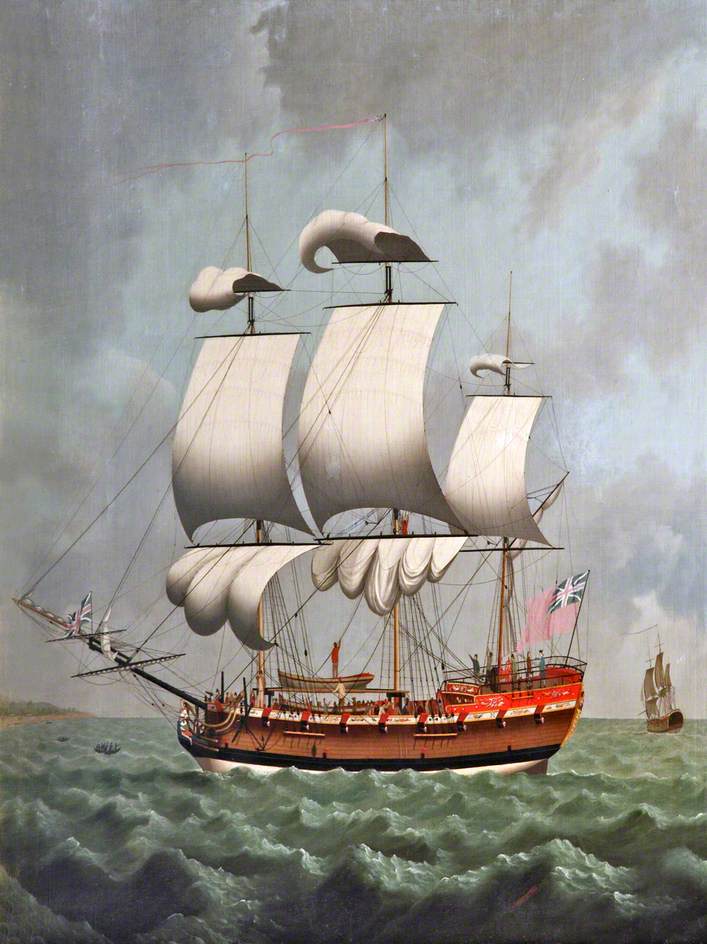Transatlantic Slave Trade
The transatlantic slave trade, which involved the forced transportation of enslaved Africans to the Americas, the Caribbean, and other parts of the world, existed in the Kingdom of England from 1562 until it was abolished by the British Parliament in the early 19th century. British ships played a significant role in the transportation of enslaved people to the Americas.
Before the Acts of Union in 1707, Scotland had limited direct involvement in the transatlantic slave trade. After the Acts of Union, Scots had more direct access to the colonies and became deeply involved in the transatlantic slave trade and plantation economies, especially in the Caribbean and North America. Many Scots became plantation owners, merchants, or investors in ventures that were linked to the slave trade. Tobacco, sugar, and cotton-products of slave labor-were imported, processed, and traded in Scottish cities, especially Glasgow. The wealth from these trades contributed to the growth of cities and the establishment of many buildings and institutions.
In 1807, the British Parliament passed the Abolition of the Slave Trade Act, which made it illegal to engage in the transatlantic slave trade. This marked the official end of the slave trade in the United Kingdom. However, slavery itself persisted in British colonies until it was abolished throughout the British Empire with the passage of the Slavery Abolition Act in 1833. While the transatlantic slave trade was officially abolished in the early 19th century, the legacy of slavery and the impact on African and African-descendant communities continued to be felt for generations. Efforts to address this historical injustice and its consequences are ongoing today.
This event is also available in the following timelines:
